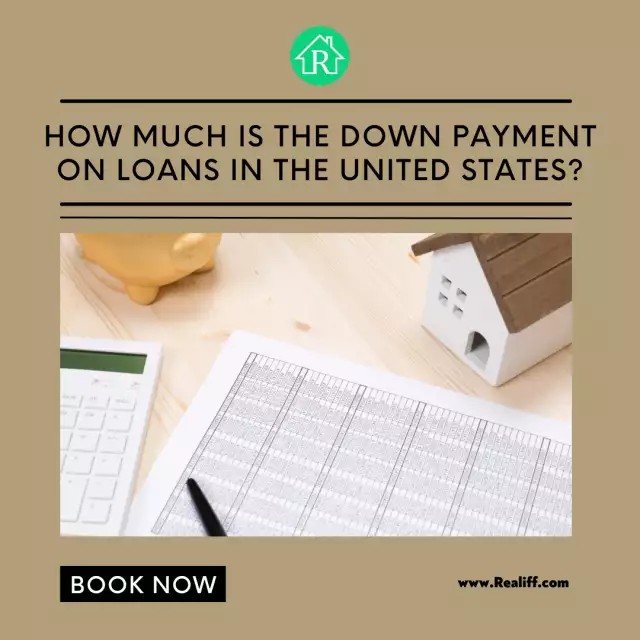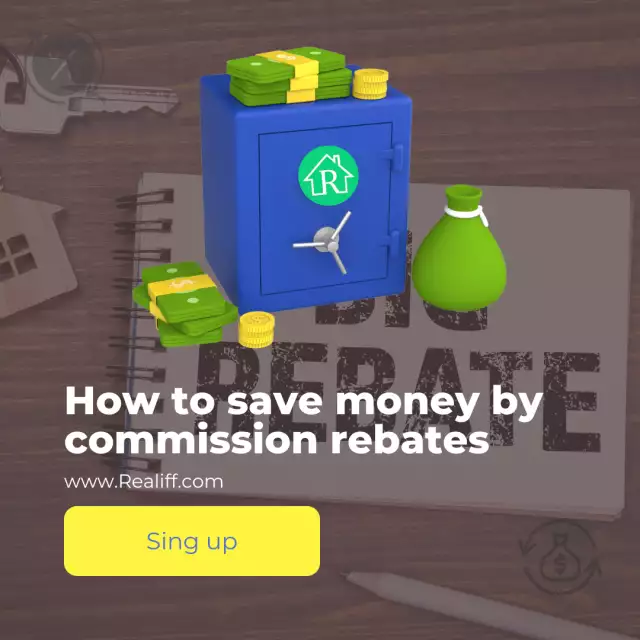The Hidden Benefits of VA Loans: How Veterans Can Save Money on Their Mortgage
The Hidden Benefits of VA Loans: How Veterans Can Save Money on Their Mortgage
VA loans are a popular option among veterans and active duty service members looking to purchase a home. These loans are guaranteed by the U.S. Department of Veterans Affairs (VA) and are designed to help eligible service members purchase a home with more favorable terms than traditional mortgages. One of the most well-known benefits of VA loans is that they do not require a down payment. But there are other benefits of VA loans that are not as well-known, yet can help veterans save money on their mortgage.
One of the hidden benefits of VA loans is that they do not require private mortgage insurance (PMI). PMI is an insurance policy that is typically required for conventional mortgages when the down payment is less than 20%. This insurance protects the lender in case the borrower defaults on the loan. However, VA loans do not require PMI, which can save borrowers hundreds of dollars per month.
Another hidden benefit of VA loans is that they typically offer lower interest rates than conventional loans. This can result in lower monthly payments for borrowers, which can add up to significant savings over the life of the loan. Additionally, VA loans do not have a prepayment penalty, which means borrowers can pay off their loans early without incurring additional fees.
VA loans also offer a unique benefit for veterans who have defaulted on their loan. They may be eligible for a restoration of their loan. This means that veterans who have defaulted on their VA loan can work with the VA to restore their loan and regain the benefits it offers.
It is important to note that VA loans have limits on the amount that can be borrowed and also have specific eligibility requirements, such as having served a certain amount of time in the military. Borrowers should also be aware that there is a funding fee that is required to be paid with a VA loan, which can be financed in the loan or be paid in cash.
Comparing VA Loans to Conventional and FHA Loans
VA loans can be compared to other loans available to borrowers, such as conventional loans and FHA loans, in terms of their eligibility requirements, down payment requirements, interest rates, and other terms and conditions.
Eligibility: VA loans are only available to veterans, active duty service members, and certain members of the National Guard and Reserves who meet certain service requirements. Conventional and FHA loans, on the other hand, are available to a wider range of borrowers.
Down Payment: VA loans do not require a down payment, while conventional loans typically require a down payment of at least 3% and FHA loans require a down payment of 3.5%.
Interest Rates: VA loans typically offer lower interest rates than conventional loans. FHA loans also generally have lower interest rates than conventional loans but are slightly higher than VA loans.
Private Mortgage Insurance (PMI): VA loans do not require PMI, while conventional loans typically require PMI if the down payment is less than 20% and FHA loans always require Mortgage Insurance Premium (MIP)
Loan limits: VA loans have limits on the amount that can be borrowed and also on the type of property that can be purchased with a VA loan, while conventional and FHA loans do not have such limitations.
In conclusion, VA loans are a great option for veterans and active duty service members looking to purchase a home, as they offer more favorable terms than conventional and FHA loans. However, conventional and FHA loans are available to a wider range of borrowers and may be a better option for those who do not meet the service requirements for VA loans or are not eligible for a VA loan. It's important to evaluate your options and compare the pros and cons of each loan type to determine which one is best for your specific needs and circumstances.
Pros and cons of VA loans
VA loans are home loans for veterans, active duty service members, and certain members of the National Guard and Reserves. These loans are guaranteed by the U.S. Department of Veterans Affairs (VA) and are designed to help eligible service members purchase a home. Here are some of the main pros and cons of VA loans:
Pros:
- No down payment required: This is one of the main benefits of VA loans and can be beneficial for service members who may not have a large amount of money saved for a down payment.
- No private mortgage insurance (PMI) required: VA loans do not require PMI, which can save borrowers hundreds of dollars per month.
- Competitive interest rates: VA loans typically offer lower interest rates than conventional loans, which can result in lower monthly payments for borrowers.
- No prepayment penalty: VA loans do not have a prepayment penalty, which means borrowers can pay off their loans early without incurring additional fees.
- Eligible for VA loan refinancing: Veterans who have an existing VA loan can refinance to a lower interest rate or change the terms of their loan.
- Eligible for VA loan restoration: Veterans who have defaulted on their VA loan may be eligible for a restoration of their loan.
Cons:
- Eligibility requirements: To qualify for a VA loan, borrowers must have served a certain amount of time in the military and meet other eligibility requirements.
- Funding fee: VA loans require a funding fee, which can be financed in the loan or be paid in cash. This fee can be a significant cost for borrowers.
- Limits on loan amount: VA loans have limits on the amount that can be borrowed.
- Limited to certain properties: VA loans can only be used to purchase certain types of properties, such as single-family homes and some types of condos and townhouses.
- Appraisal and underwriting can take longer: VA loans may take longer to process than conventional loans as the VA needs to review and approve the loan.
It's worth noting that while VA loans have some cons, they offer a wide range of benefits that can make it easier for veterans and active duty service members to purchase a home. Borrowers should weigh the pros and cons and evaluate if a VA loan is the right option for them.
Questions and Answers on VA Loans
Q: Who is eligible for a VA loan? A: VA loans are available to veterans, active duty service members, and certain members of the National Guard and Reserves who meet certain service requirements.
Q: How much can I borrow with a VA loan? A: The maximum loan amount for a VA loan varies by location and is determined by the VA. However, the VA has a limit on the amount that can be borrowed without making a down payment.
Q: Do I need a down payment for a VA loan? A: No, one of the main benefits of VA loans is that they do not require a down payment.
Q: Is private mortgage insurance (PMI) required for VA loans? A: No, VA loans do not require PMI, which can save borrowers hundreds of dollars per month.
Q: Are there limits on the type of property that can be purchased with a VA loan? A: Yes, VA loans can only be used to purchase certain types of properties, such as single-family homes and some types of condos and townhouses.
Q: Can I refinance my VA loan? A: Yes, veterans who have an existing VA loan can refinance to a lower interest rate or change the terms of their loan. Some veterans can also use VA streamline refinancing which make the process easy and faster than traditional refinancing.
In conclusion, VA loans offer a wide range of benefits for veterans and active duty service members looking to purchase a home. While the lack of a down payment requirement is well-known, there are other hidden benefits such as no PMI and lower interest rates that can help veterans save money on their mortgage. Additionally, veterans who have defaulted on their loan may be eligible for a restoration of their loan. If you are a veteran or active duty service member considering buying a home, it's worth looking into the benefits of a VA loan.







